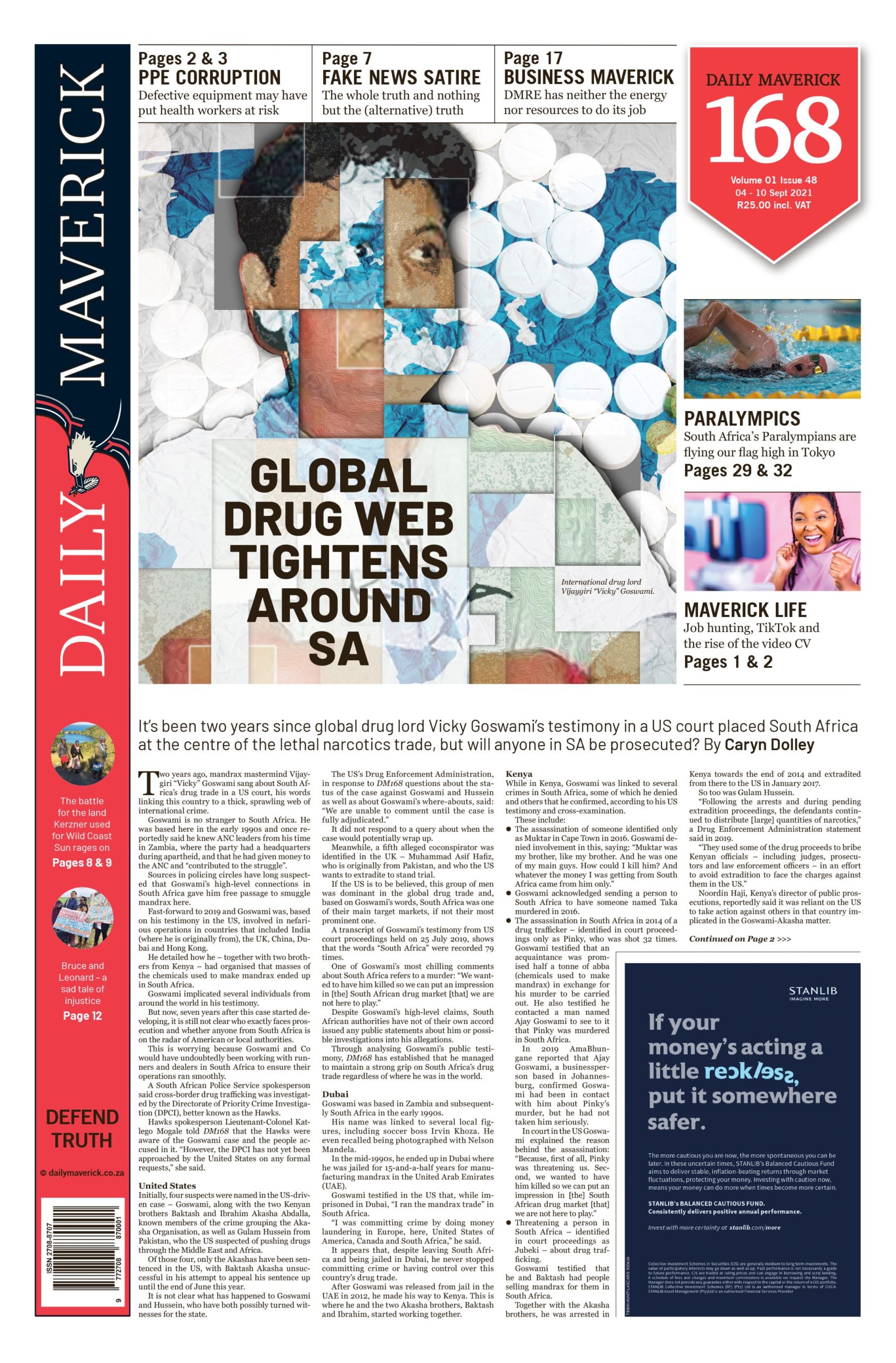First published in the Daily Maverick 168 weekly newspaper.
Journalists are subject to all kinds of other biases. In my experience, they tend to be both left of centre but also more in favour of personal freedom on the libertarian/authoritarian axis. The worst journalistic bias, I think, is the antagonism to complexity and intellectualism, but this is balanced somewhat by journalists’ affection for data.
Still, I do love debates and discussions with my colleagues. Allow me to relate one such debate, which has to do with the news that Shoprite is currently testing a cashierless store. It’s only open to staff at the moment, and the company has not decided to roll it out, and it seems unlikely to do so in the near future. Shoprite staff talk coyly about whether such a system would ever work in “the South African environment”. I presume that means that it might not be appropriate in a country where paying for items is not always considered necessary.
In any event, stores of this kind are of course bouncing up around the world. The leader in the market is Amazon Go, which began trialling stores way back in 2018. Consumers are loving it. There are no queues, no faffing around the checkout counter – you just walk out.
The system has obvious advantages but also one big problem: getting a job as a cashier is a route out of poverty for some of the least skilled people in society. Cashierless stores would threaten the livelihoods of thousands, perhaps tens of thousands, of people. The group employs about 140,000 people in about 3,000 stores across the African continent. What proportion of its staff are cashiers is not known but 20,000 does not seem an unreasonable guess.
So, should Shoprite shelve the idea permanently? I think most people, especially in the context of SA’s unemployment problem, would support the idea of a ban on cashierless stores. Certainly, my colleagues thought so. I’m willing to guarantee that SA’s government would endorse the idea in a heartbeat.
It seems like a simple issue, but it’s more complicated than it seems. Say you did ban cashierless stores. Would that not mean online stores would have an additional advantage? It probably would. Over time, the price advantage of online stores, which by definition don’t have cashiers, would reduce sales at physical supermarkets, stores would close and the jobs might be lost anyway.
There are some crucial economic issues too. If you assume that cashierless stores would result in cheaper products in the stores, might not the jobs lost be recovered elsewhere? There are productivity gains to be had in the process. Think of all the time that people wait in queues. Wouldn’t that time be more productively spent elsewhere?
In SA, petrol stations are obliged to have pump jockeys, precisely to provide jobs. The pump price of petrol in SA hovers at about $1.25/litre or R18/litre, which as it happens is around the global average. But imagine how many more people would be able to travel, and how many businesses would be enabled, if South African drivers got out of the car and pumped their own petrol?
At root, the problem is deeply philosophical. Way back in 1942, Austrian economist Joseph Schumpeter coined the term creative destruction (not, as it is often thought, endorsing the idea entirely). Essentially, that is what is at work here. Schumpeter argued that creative destruction is the “process of industrial mutation that incessantly revolutionises the economic structure from within, incessantly destroying the old one, incessantly creating a new one”.
In economic terms, what the process does is improve efficiency, which improves productivity, which increases wealth, which is reinvested in the economy and which then creates more jobs. But does it?
It seems to me that even if you accept the notion of creative destruction, you should at least also endorse the idea of helping people weather the storm, and retrain and find a new vocation. Unmitigated, the political effects of unbridled creative destruction could be harmful and permanently damaging.
But people who want to argue in favour of banning cashierless stores need to answer this question: Why is it that the most technologically advanced countries also have the lowest unemployment rates? We cannot, like King Canute, order the tides not to happen. But we could build a sea barrier to help weather the storm. DM168
This story first appeared in our weekly Daily Maverick 168 newspaper which is available for R25 at Pick n Pay, Exclusive Books and airport bookstores. For your nearest stockist, please click here.

















 Become an Insider
Become an Insider
Pearls before swine in my opinion! The majority of South Africans are not yet educated or sophisticated enough to use or adopt modern technologies like “cashless transactions” or electric vehicles. The economics just doesn’t add up. Until there are more educated people contributing to society and not reliant on government grants nothing will change anytime soon! The dark ages are here to stay…in more ways than one! Lol!
Sainsbury’s had a self-check-out facility 10 years ago. You atill had to scan the barcodes but it was diy. Four bays and one supervising cashier.